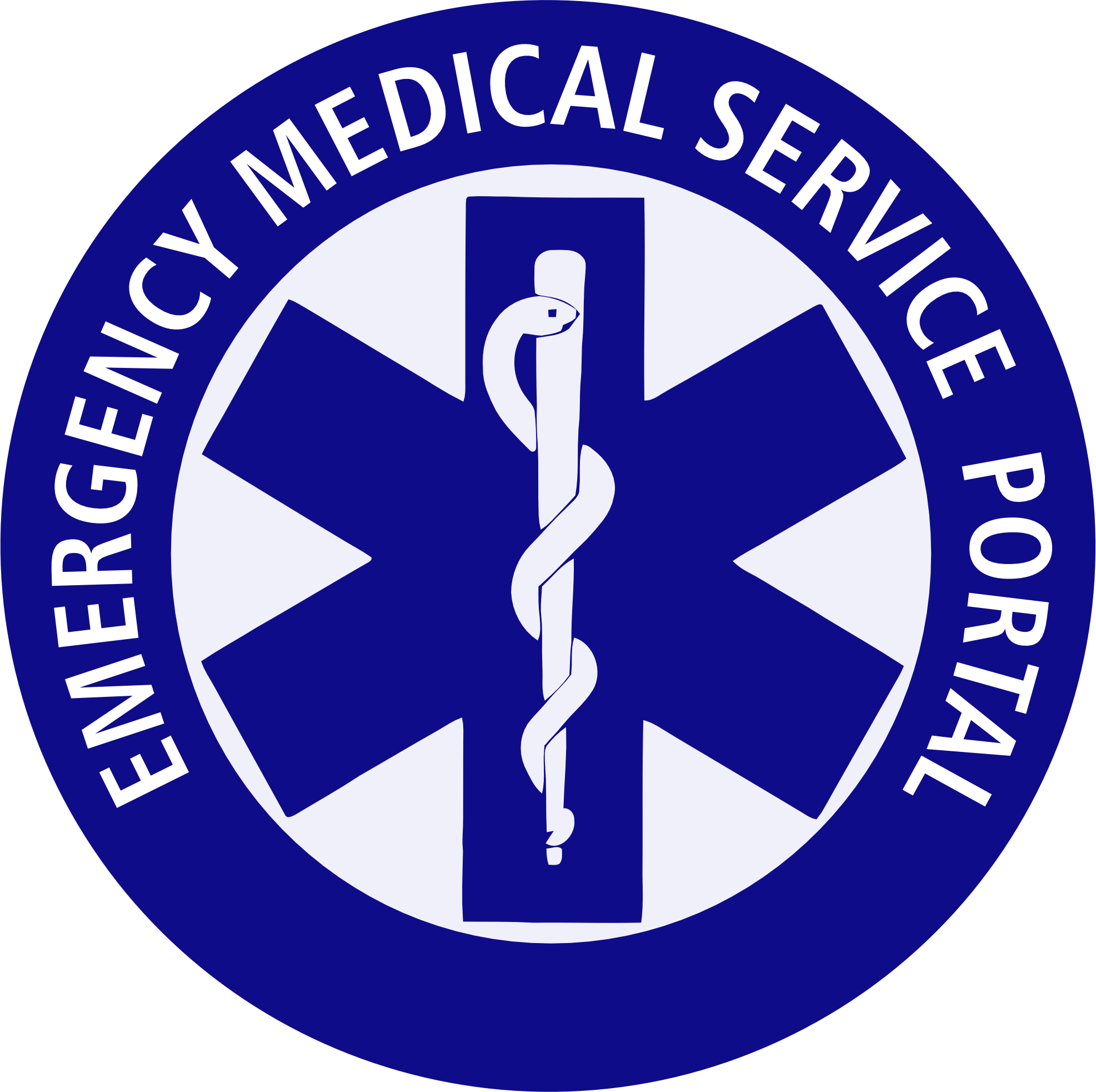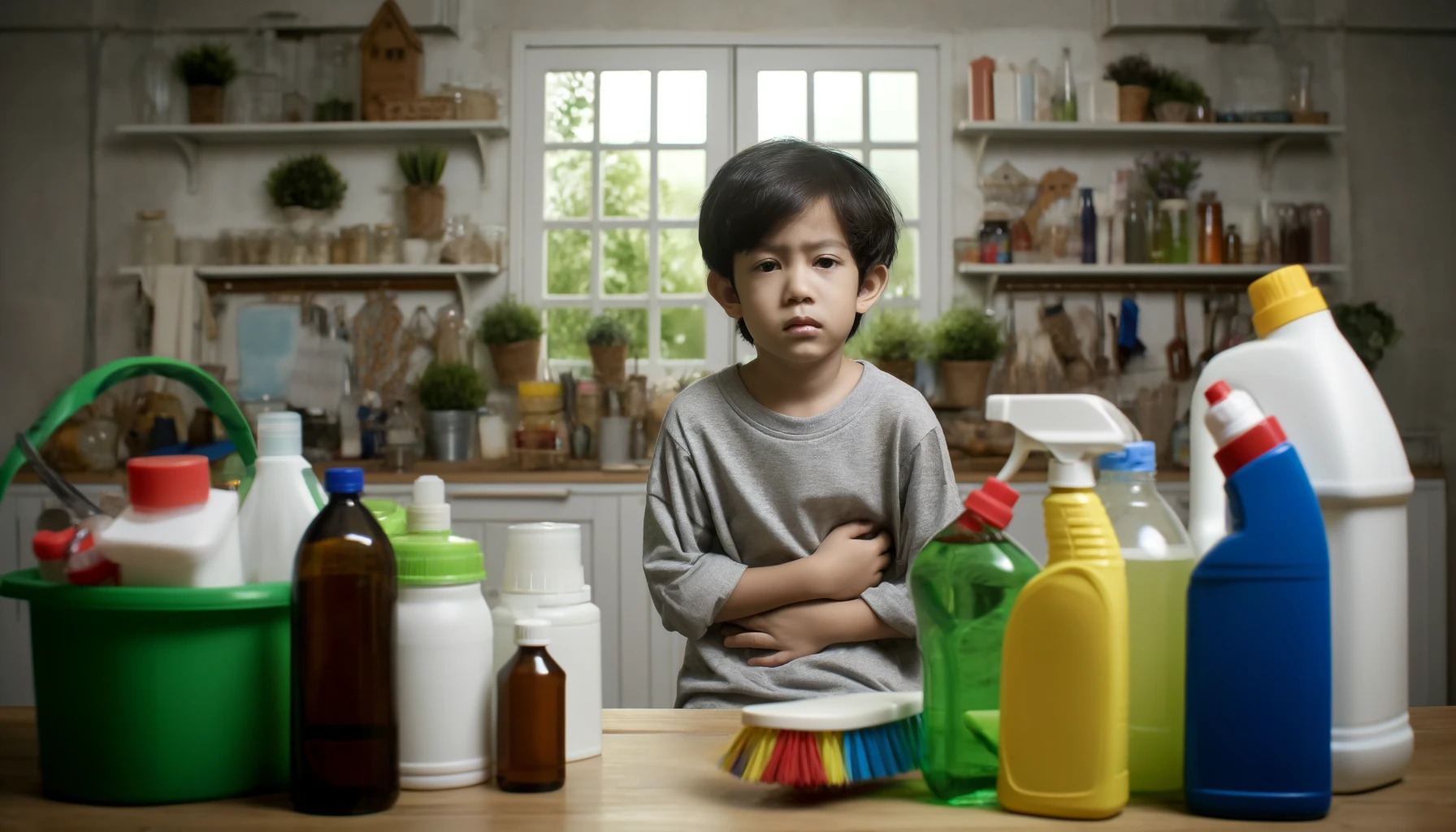Otrovanja kod djece ozbiljan su problem koji može nastati iz različitih izvora, poput kućanskih kemikalija, lijekova, biljaka i hrane. Evo detaljnog pregleda najčešćih uzroka, simptoma i mjera prve pomoći kod otrovanja djece.
Česti uzroci otrovanja
- Kućanske kemikalije
- Sredstva za čišćenje (izbjeljivači, deterdženti)
- Pesticidi
- Boje i otapala
- Lijekovi
- Lijekovi na recept
- Lijekovi koji se mogu kupiti bez recepta (analgetici, vitamini)
- Dodaci željeza
- Biljke
- Određene sobne i vanjske biljke (npr. oleander, filodendron)
- Hrana i piće
- Kontaminirana hrana
- Alkohol
- Određene bobice i gljive
- Kozmetika i proizvodi za osobnu njegu
- Parfemi
- Vodica za ispiranje usta
- Aceton za uklanjanje laka za nokte
Simptomi otrovanja
Simptomi otrovanja mogu značajno varirati ovisno o vrsti i količini unesene tvari. Uobičajeni simptomi uključuju:
- Gastrointestinalni simptomi: Mučnina, povraćanje, proljev, bolovi u trbuhu
- Respiratorni simptomi: Poteškoće s disanjem, kašalj, piskanje
- Neurološki simptomi: Vrtoglavica, pospanost, zbunjenost, napadaji
- Dermatološki simptomi: Osipi, opekline, crvenilo na koži
- Kardiovaskularni simptomi: Nepravilan rad srca, nizak krvni tlak
Mjere prve pomoći kod otrovanja
- Identificirajte tvar: Ako je moguće, pokušajte identificirati što je dijete unijelo, udahnulo ili s čime je došlo u kontakt.
- Uklonite dijete iz izvora: Osigurajte da je dijete udaljeno od izvora otrova kako bi se spriječila daljnja izloženost.
- Ne izazivajte povraćanje: Osim ako vam nije tako savjetovao medicinski stručnjak, nemojte izazivati povraćanje jer to može uzrokovati dodatnu štetu.
- Provjerite disanje i svijest: Provjerite diše li dijete i je li pri svijesti. Ako je bez svijesti ili ne diše, odmah nazovite hitnu pomoć i započnite s reanimacijom ako je potrebno.
- Nazovite Centar za kontrolu otrovanja ili hitnu pomoć: U Hrvatskoj možete kontaktirati Centar za kontrolu otrovanja na 01/2348-342 ili nazvati hitnu službu na 112 za hitnu pomoć.
- Slijedite upute: Slijedite upute koje vam daju centar za kontrolu otrovanja ili hitna pomoć. Mogu vam savjetovati da djetetu date vodu ili mlijeko, ili da ga odmah odvedete u bolnicu.
- Ponesite tvar u bolnicu: Ako je moguće, ponesite spremnik ili ambalažu unesene tvari u bolnicu radi identifikacije.
Savjeti za prevenciju
- Držite opasne tvari izvan dohvata: Čuvajte kemikalije, lijekove i druge potencijalno opasne tvari izvan dohvata djece, po mogućnosti u zaključanim ormarićima.
- Koristite zaštitne ambalaže: Osigurajte da svi lijekovi i opasni proizvodi budu u ambalaži koja je otporna na djecu.
- Jasno označite sve: Provjerite jesu li svi spremnici jasno označeni i nemojte čuvati opasne tvari u spremnicima za hranu ili piće.
- Educirajte djecu: Naučite djecu o opasnostima određenih tvari i važnosti da ne unose nepoznate predmete u usta.
- Pravilno zbrinjavanje: Odložite isteknute ili neiskorištene lijekove i kemikalije na ispravan način kako biste spriječili slučajno otrovanje.
Hitni kontakt brojevi u Hrvatskoj
- Centar za kontrolu otrovanja: 01/2348-342
- Hitna služba: 112
Prateći ove smjernice i budnim praćenjem, možete pomoći u prevenciji incidenata otrovanja i osigurati sigurnost djece pod vašom skrbi.

